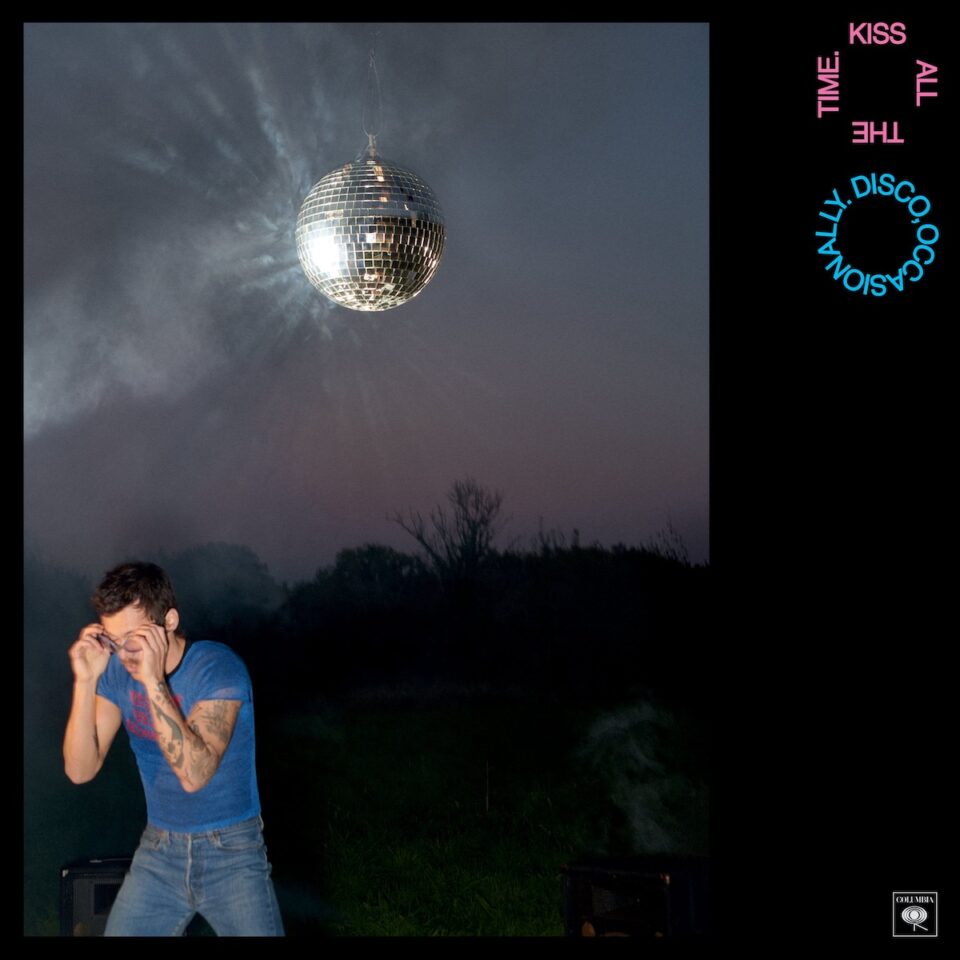From her landmark debut album, 1975’s Horses, to her 2010 National Book Award winning memoir Just Kids, Patti Smith has carved herself a singular place in the in-between spaces of art and culture. Smith comfortably makes her nest in Leonard Cohen’s cracks, bathing in the duende-dark light that makes its way into the corners and crannies of an almost everyday life. She is the poet and the punk. The singer and the speaker. The lover and the mother. She can invoke the saints for strength and courage with the same Beatlemaniacal fervor that she conjures in commanding Jim Morrison to “Go, Johnny, go!” over and over. She creates it, and then she takes it over, and then she invites us to do the same. She gives us an example, and then gives us permission to do it our way.
Patti’s work has always sought to erase the dividing lines between high and low art in order to present us with something closer to the truth. Her medium and her message have evolved steadily, and M Train—her most recent memoir—has a new, less-narrative-driven tale to tell. It takes Just Kids’ energy and generosity, while confidently shedding that book’s chronological backbone. M Train presents us with a Patti who is free to wander and remember without sacrificing the earnest writer that readers met in Just Kids. In all of the important ways, this book shows us that you can survive this life and still be a person with impossible heroes, a flair for the dramatic, and an ever-present sweet tooth.
We are the things and people we love, and Smith is an incredible lover of things and people.
The narrative shifts constantly, but it doesn’t ever feel completely adrift or lost. The author takes Keats’s idea of Negative Capability—the ability to dwell in uncertainty without grasping after meaning and order and sense—and projects it onto her own inner and outer life. This allows the narrative to drift from places to people to events to ideas with grace and purpose because the voice at its center is the culmination of all of these things. We are the things and people we love, and Smith is an incredible lover of things and people.
Which makes her a fan, and like the best fans, she wants to inspire curiosity. “I offer my world on a platter filled with allusions,” she says early on. This cataloging of holy objects and icons is her breadcrumb trail for how to survive this life and how to honor our greatest inspirations and our truest loves. Here is a partial list: Jiminy Cricket, Mighty Swallow, Nikola Tesla, Netflix’s The Killing, Haruki Murakami, Aqua Teen Hunger Force (this isn’t mentioned in the novel, but she took the time to write a goodbye song for the Aqua Teens, and I’d feel remiss if this wasn’t acknowledged), Sylvia Plath’s grave, “Kevin Shields’s EBow, a snapshot of a sleepy-faced Fred [“Sonic” Smith, her late husband], a Burmese offering bowl, Margot Fonteyn’s ballet slippers, a misshapen clay giraffe formed by [her] daughter’s hands,” and the list goes on. These are the vessels for the memories of M Train, and they bring our author great comfort and company as her narrative moves forward sans some of the people that gave so many of these objects their meaning.
This is not a book of mourning; it’s a book of survival and solace.
Yes, loss and death loom over the proceedings in M Train. Her husband, her great love, passed away years ago, as did her brother and many of her musical and literary comrades. But this is not a book of mourning; it’s a book of survival and solace. Occasionally, Smith finds herself “slip[ping] into a light yet lingering malaise. Not a depression, more like a fascination for melancholia, which I turn in my hand as if it were a small planet, streaked in shadow, impossibly blue.” It’s this turning, this inspection, that saves Smith from the darkness.
Despite death, life goes on. She drinks coffee. She watches television. She spends her holidays alone. She thinks about angels. She notices seemingly insignificant things and makes immaculate connections. She slowly transforms herself into Patti Smith, P.I. “Yesterday’s poets are today’s detectives” is her way of saying it.
If this is the case, then what is the big mystery at the heart of M Train? There’s a cowboy that appears in Patti’s dreams throughout the book that constantly prods her with the idea that “it’s not so easy writing about nothing.” Is M Train a book about nothing? No, it very much isn’t. It’s a book about the comforts of mystery and the ability to find solace in not knowing where it’s all going or who will be at your side when it’s all over. It’s a testament to the power of art to capture love and maybe even transmit a little of it back to us in the process so that, when it’s New Year’s Eve and the ball has dropped and the drunks are about to follow suit and we’re alone on our stoop taking it all in, we don’t feel isolated or outside of any of it. We’ve found the connection, and we can make the transfer to the next stop, wherever that might take us. FL







